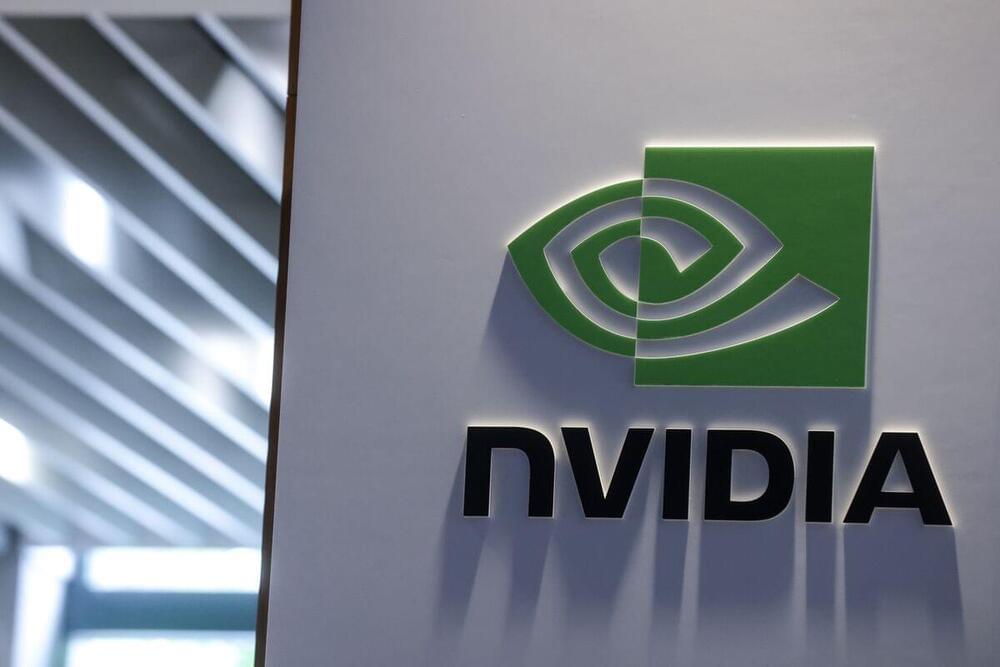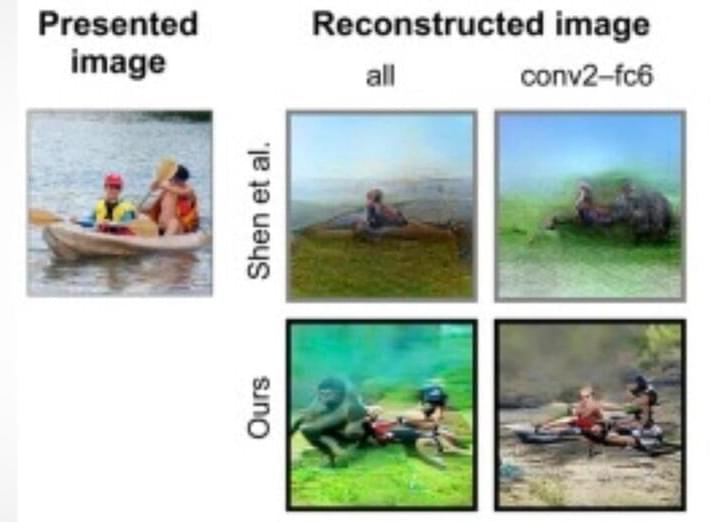The “bot development platform” will be launched as a public beta by the end of the month, according to an internal memo seen by the Post.
The move aligns with the company’s new strategic vision to “explore new generative AI products and how they can integrate with the existing ones”, the companywide notice said.
The social media giant has already been working on its own text-to-image generator similar to Midjourney, according to a person familiar with the matter.





